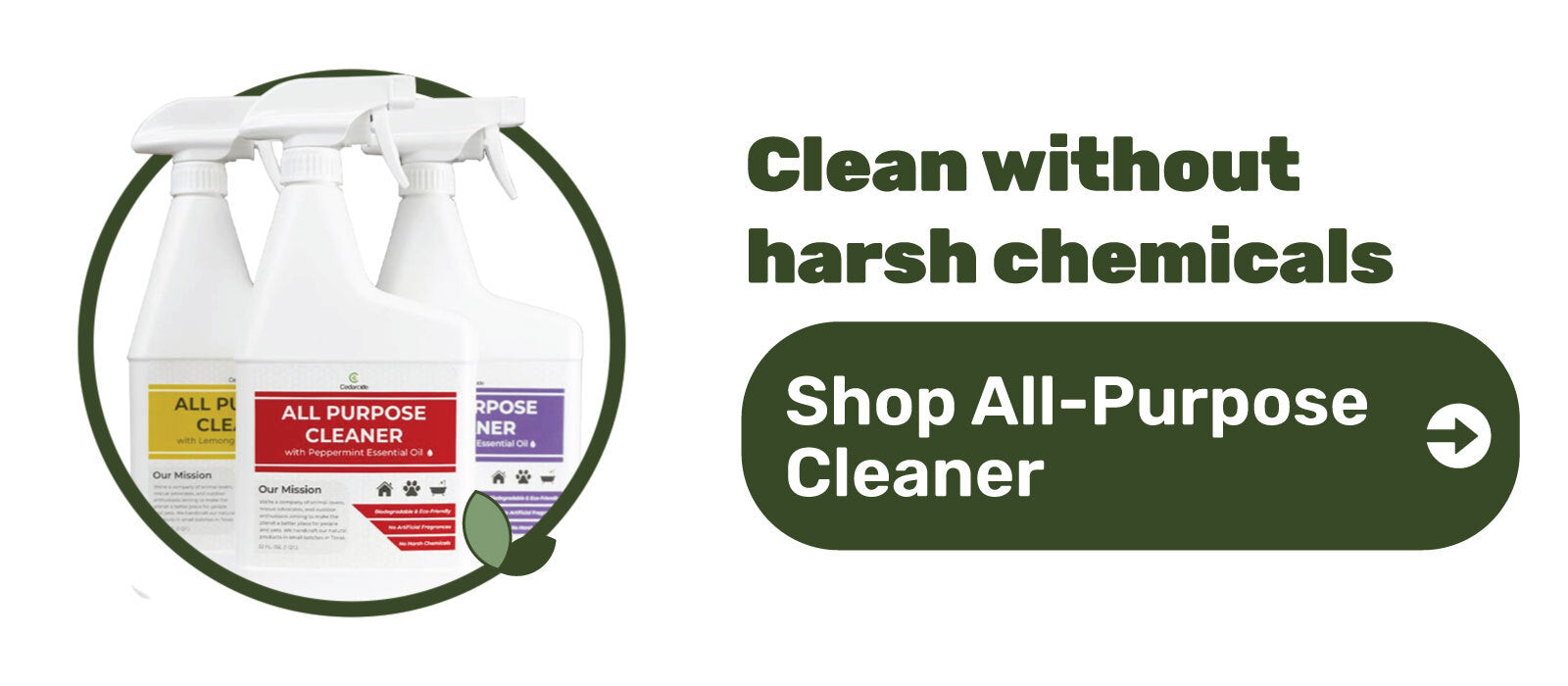
As a pet parent, few things can shake up your world quite like seeing your precious pooch scarf down some dog poo. It’s just….well, gross. But don’t worry too much, canine poop eating—also known as coprophagia—is rather common. A recent study found that 16% (or 1 in 6) dogs eat stool consistently, and 24% (1 in 4) try it at least once. It was also found that females are more likely to indulge in the activity, and non-neutered males are the least likely; and overall, most dogs prefer the poo of neighboring pups over their own. But enough with poop statistics, here are reasons your dog’s eating poo, and what you can do to stop it.
WHY DO DOGS EAT POOP?
There are many different theories and schools of thought regarding why dogs eat poop. These are the most common:
DIETARY DEFICIENCIESFrom enzyme deficiencies to a basic lack of nutrition (sometimes caused by parasites, inappropriate diet or underfeeding), dietary deficiencies are one of the leading reasons experts believe dogs eat poop. In other words, these dogs are eating feces as a way to correct an imbalance in their bodies—whether it be a lack of digestive enzymes, insulin or beneficial gut bacteria.
INCREASED APPETITEIf your pup is unnaturally hungry—due to diabetes or thyroid complications, for example—chances are they’ll try poop at one point or another. “Greedy eating,” the behavior of quickly eating food before another dog can get to it, is also believed to play a role in stool-eating.
CLEANLINESSIt might sound counterintuitive, but it’s believed that dogs have evolved to eat stool as a way of keeping their living areas clean and free of parasites and unwanted bacteria. It also makes sense as a survival trait—if you dispose of feces before it can be detected by neighboring predators or scavengers, your pack is more likely to remain safe and undisturbed. Which explains why mother dogs almost always eat their puppies’ poop if it’s not quickly cleaned up by their owners; they’re simply trying to keep the den clean and their babies safe.
STRESS OR PUNISHMENTStress appears to trigger poop-eating in many pups. Separation anxiety, fear, inappropriately long crating sessions—all seem to increase the likelihood that a dog will eat stool. Punishment is a common example: If a dog’s conditioned to fear retribution over potty mishaps, they could be eating their own poop as a way to hide the evidence to avoid getting punished.
BOREDOM AND CURIOSITYLack of stimulation, like being home alone all day, tends to increase the likelihood of poop-eating. When starved of entertainment or company, a pup might try poop simply because it gives them something to do, and—as gross as it sounds—something to eat. This is fairly common, especially in puppies because they’re new to the world and might be trying poop as a way to better understand their surroundings.
LEARNED BEHAVIORLike most living things, dogs learn many of their own behaviors by watching elder members of their family or pack. It’s believed that many dogs eat stool because they’ve seen those around them do the same thing.
HOW TO STOP YOUR DOG FROM EATING POOP
So you’ve heard the many reasons why your dog might eat poop, but how can you stop it from happening in the first place? Here’s several strategies that might work for you:
KEEP A SHORT LEASH AND PICK UP POOP QUICKLYFirst thing’s first, pick up any and all poop quickly—including that of other pets you might have, like rabbits and cats. If there’s no poop around, obviously your dog can’t eat it. When out for walks, hikes or dog park visits, keep your pup close, so as to prevent them from hoovering up other dogs’ stools.
KEEP THEM STIMULATEDKeeping your pup mentally and physically stimulated staves off boredom, which, as you read above, is a common cause of poop-eating. Regular exercise, socializing, and interesting toys (like Kongs!) are all essential.
RETHINK THEIR DIET AND ADDRESS HEALTH ISSUESA balanced, varied and nutritionally rich diet is vital to keeping your pup from eating poop. If they’re getting all the vitamins, enzymes and proteins they need, they might just quit their nasty habit. In general, the more raw and organic the diet, the better. We suggest consulting a vet to find a diet that’s right for your pup’s unique dietary needs.
As previously mentioned, health issues like diabetes and parasites can rob your dog of nutrients and therefore lead them to seek out those nutrients elsewhere—like in poop. If your pup commonly chows down on the brown, or if you see signs of parasites in their stool, get a vet to check them over just in case.
VISIT A VETIf all else fails, a vet visit is probably in order, if only to rule out any serious health conditions. They should also have additional tips and strategies to help curb your pup’s appetite for stool.



